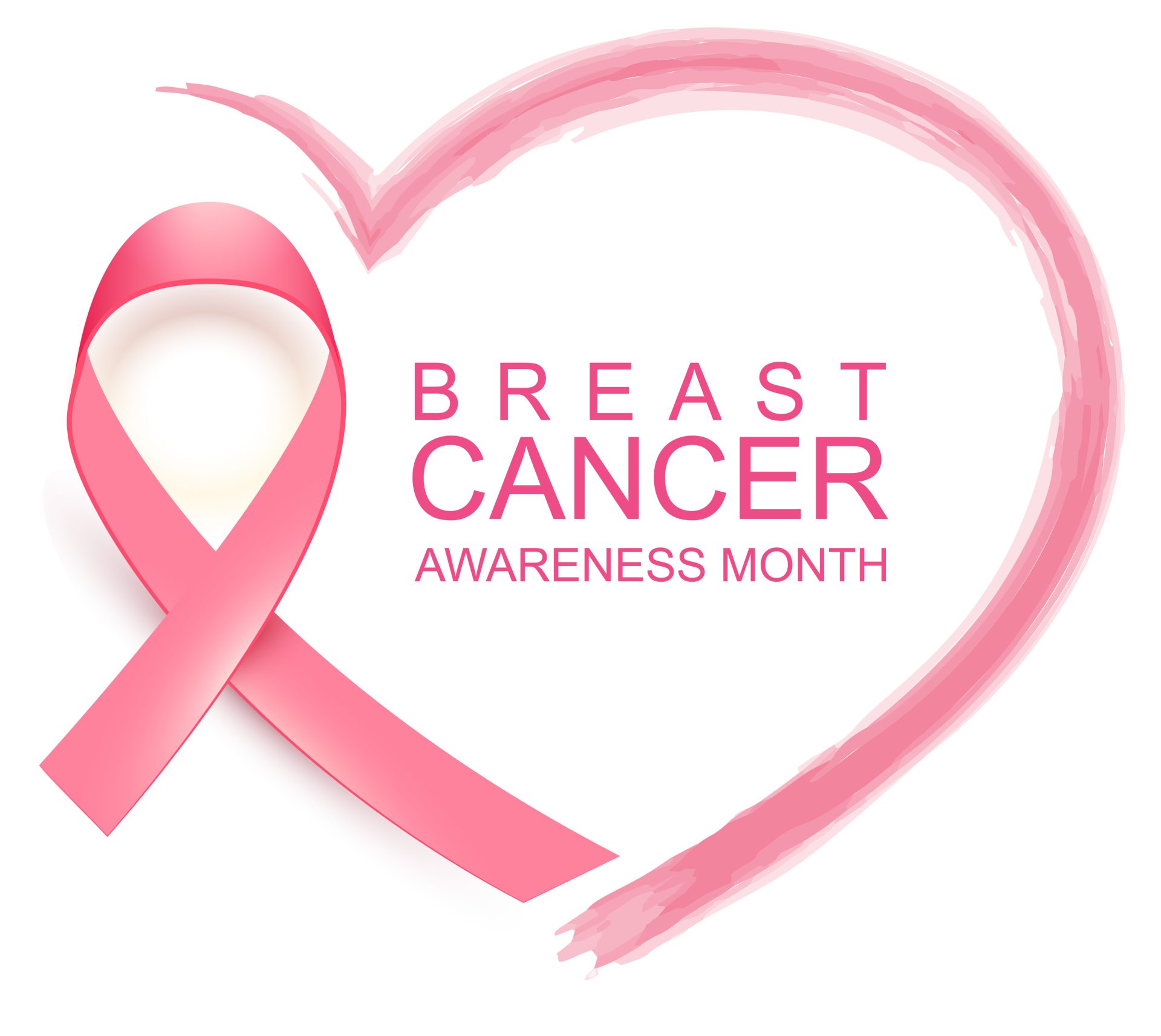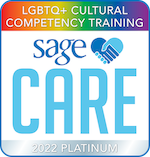Understanding Risks, Challenges, and Care
Breast cancer is a prevalent disease worldwide, and while it can affect women or men of any age, the risk for breast cancer increases as we age. As life expectancy continues to rise, understanding prevention and treatment is helpful.
Understanding the Risks
- Age is a significant risk factor for breast cancer. Especially as women age, their risk of developing breast cancer increases. In fact, most breast cancer cases occur in women aged 50 and older. While the reasons behind this age-related increase in risk are not entirely clear, it is believed to be linked to a combination of hormonal changes, genetic factors, and accumulated exposure to potential carcinogens over time.
- Hormonal Changes: The most common type of breast cancer, known as estrogen receptor-positive (ER+), is more prevalent in older women. This is because estrogen, a hormone produced in a woman’s body, can stimulate the growth of certain breast cancers.
- Genetic Factors: In addition to hormonal changes, genetic factors also play a crucial role. Women may have an increased risk if they have a family history of breast cancer or carry these genetic mutations.
Challenges in Diagnosis and Treatment
- Late Diagnosis: Women may be at a higher risk of late-stage diagnosis due to several factors, including a lack of awareness about the importance of regular breast cancer screenings, comorbid medical conditions, or the mistaken belief that breast cancer is a disease affecting only younger women. Late diagnosis can lead to more advanced cancer stages and reduced treatment options.
- Comorbidities: Many patients have multiple comorbidities, such as heart disease, diabetes, or arthritis. These conditions can complicate the management of breast cancer, as treatment decisions must consider their impact on the overall health of the patient. Medications and treatments may need to be adjusted to accommodate these comorbidities.
- Treatment Decision-Making: Treatment decisions for breast cancer patients are often more complex. While surgery, radiation therapy, and chemotherapy are standard treatments, the choice of treatment must take into account the patient’s age, overall health, and personal preferences. Some patients may opt for less aggressive treatment or even choose not to undergo treatment, which can have implications for their prognosis.
Care and Support Considerations
- A comprehensive assessment is a valuable tool for evaluating the overall health and functional status of patients. This assessment helps healthcare providers tailor treatment plans to the individual needs of the patient.
- Older patients may require additional support during their cancer journey. Social workers, palliative care teams, and support groups can offer emotional, psychological, and practical assistance.
- Involving the patient in the decision-making process is crucial. Healthcare providers should discuss treatment options, potential risks and benefits, and the patient’s goals and preferences.
- After treatment, breast cancer survivors should receive ongoing care and surveillance to monitor for recurrence or late treatment effects.
Breast cancer presents unique challenges and considerations for both men and women. While age is a significant risk factor for the disease, advances in medical research and healthcare delivery continue to improve our ability to diagnose and treat breast cancer effectively. By raising awareness, promoting regular screenings, and tailoring care to individual needs, we can improve outcomes for any person breast cancer, ultimately enhancing their quality of life and prognosis.
You can learn more on the National Breast Cancer Awareness Foundation by clicking here.
Sending Healing Hugs!
Kimberly Bailey, RN CHPN
Life Plan Community Nurse
(828)771-2215









